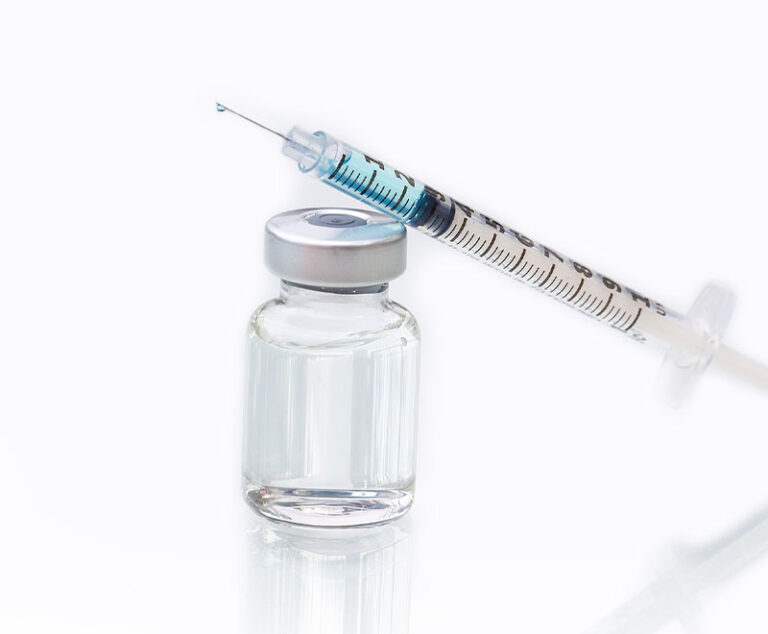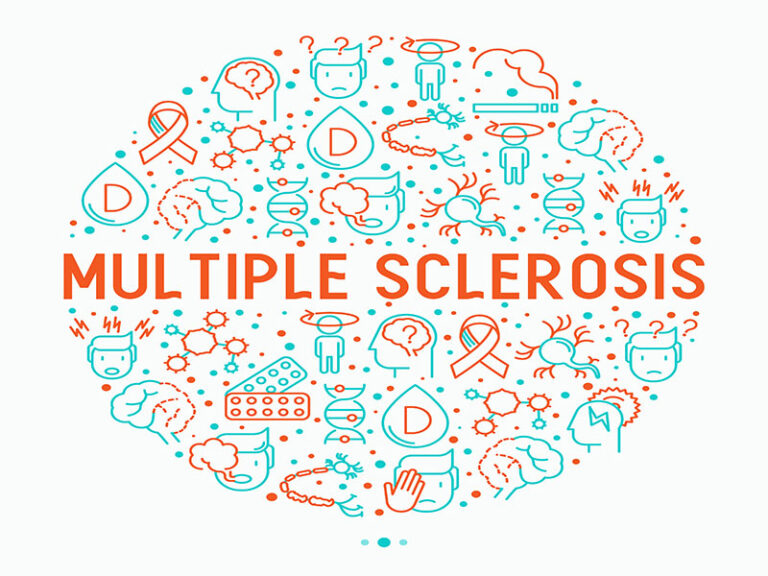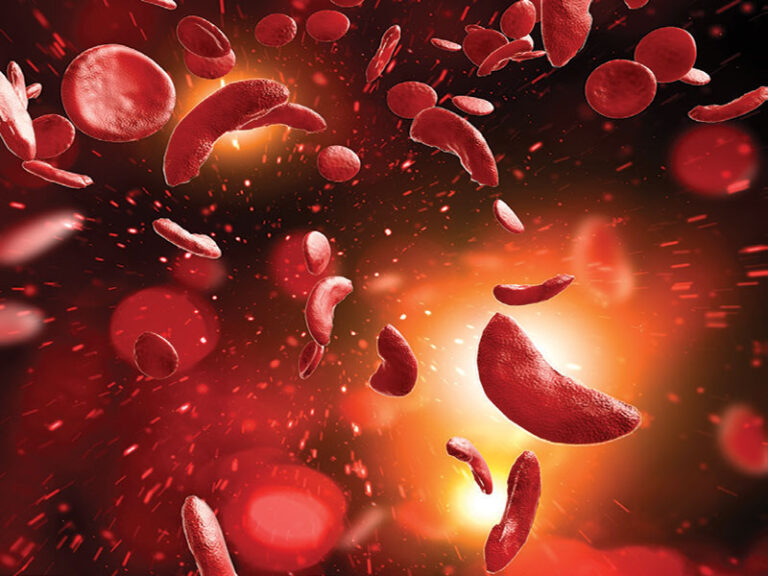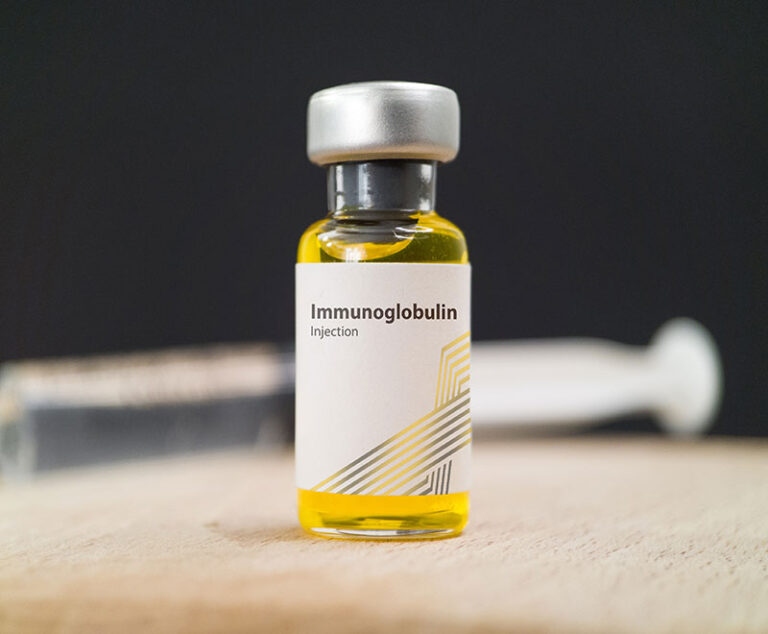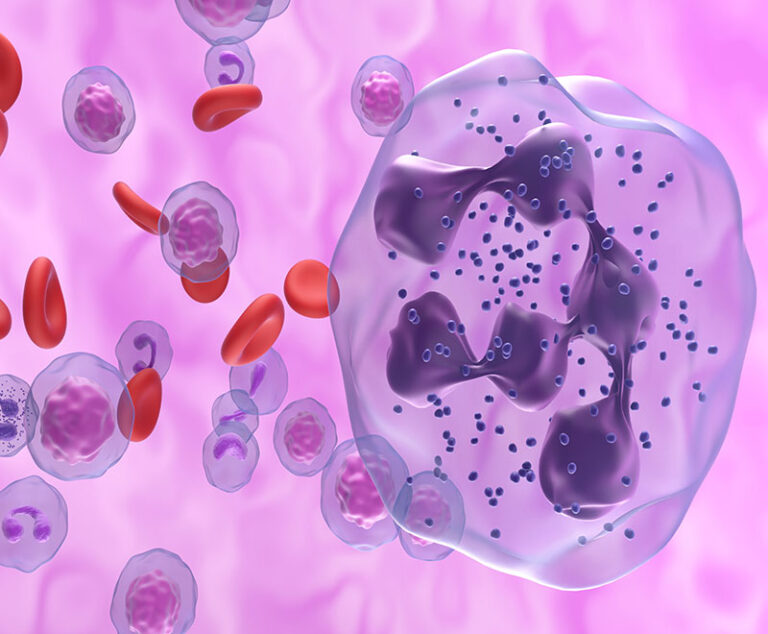Industry News
Research, Science & Manufacturer Updates
Disease Indications Articles
An mRNA vaccine has entered human trials as a treatment for lung cancer. Unlike traditional cancer vaccines such as the HPV vaccine, BNT116 is a therapeutic cancer vaccine designed to reduce tumor growth in patients with cancer or prevent its recurrence.
The U.S. Food and Drug Administration (FDA) has approved ABRYSVO (respiratory syncytial virus vaccine [RSV]), a bivalent RSV prefusion F (RSVpreF) vaccine, for the prevention of lower respiratory tract disease (LRTD) caused by RSV in individuals 18 through 59 years of age who are at increased risk for LRTD caused by RSV.
A new study sheds like on the role of cytotoxic T cells in developing multiple sclerosis.
The U.S. Food and Drug Administration has expanded its approval of Dupixent to chronic obstructive pulmonary disease (COPD).
The U.S. Food and Drug Administration (FDA) approved Hympavzi (marstacimab-hncq) for routine prophylaxis to prevent or reduce the frequency of bleeding episodes in adult and pediatric patients 12 years of age and older with hemophilia A without factor VIII inhibitors or hemophilia B without factor IX inhibitors (neutralizing antibodies).
The U.S. Food and Drug Administration (FDA) has expanded its approval of Dupixent to chronic obstructive pulmonary disease (COPD).
The U.S. Food and Drug Administration (FDA) has approved an expanded label for Grifols’ XEMBIFY (20% subcutaneous immune globulin [SCIG]) to include treatment-naïve patients with primary humoral immunodeficiencies (PI).
Inborn errors of immunity (IEI) increase morbidity and mortality risks, particularly from respiratory tract infections. Hence, vaccination becomes pivotal for IEI patients.
Immune globulin replacement and prophylactic antibiotics are commonly used to prevent infections in patients with secondary hypogammaglobulinemia due to hematological malignancies but have never been directly compared.
Researchers at the University of Wisconsin (UW) School of Medicine and Public Health are exploring the ideal vaccine booster strategy for immunosuppressed patients to protect those at higher risk of severe illness and complications from COVID-19 infection.
CSL Behring’s ZEMAIRA (alpha1- proteinase inhibitor [human]) is now available in 4 gram and 5 gram vials.
The U.S. Food and Drug Administration has approved two treatments, Casgevy and Lyfgenia, representing the first cell-based gene therapies for the treatment of sickle cell disease in patients 12 years and older.

